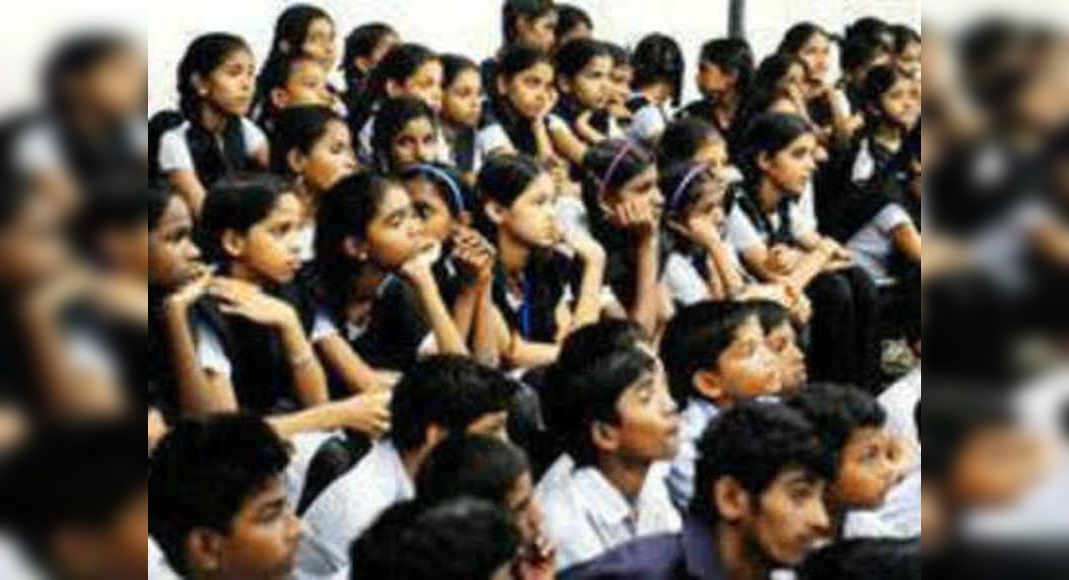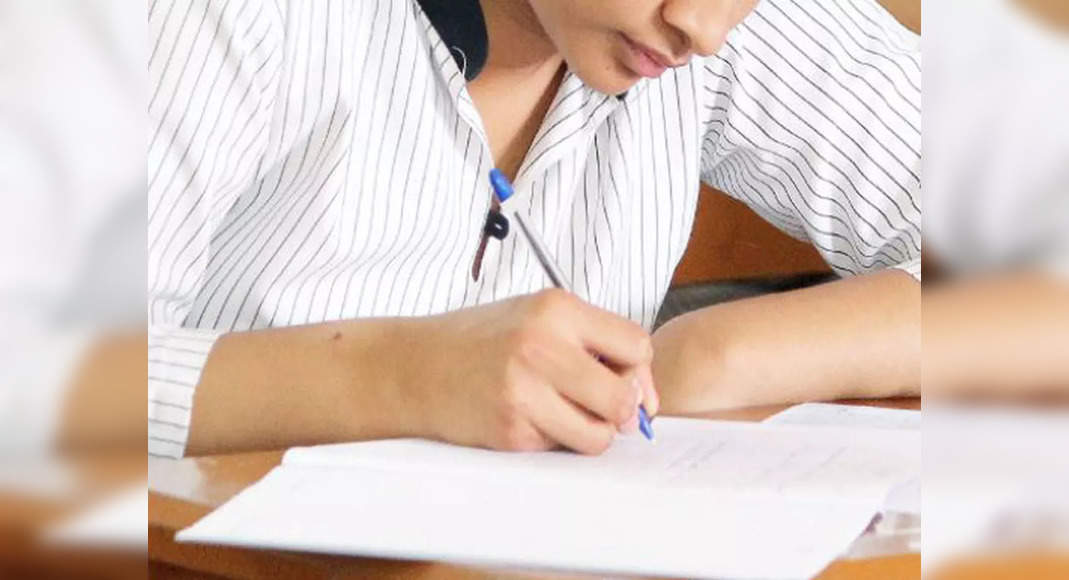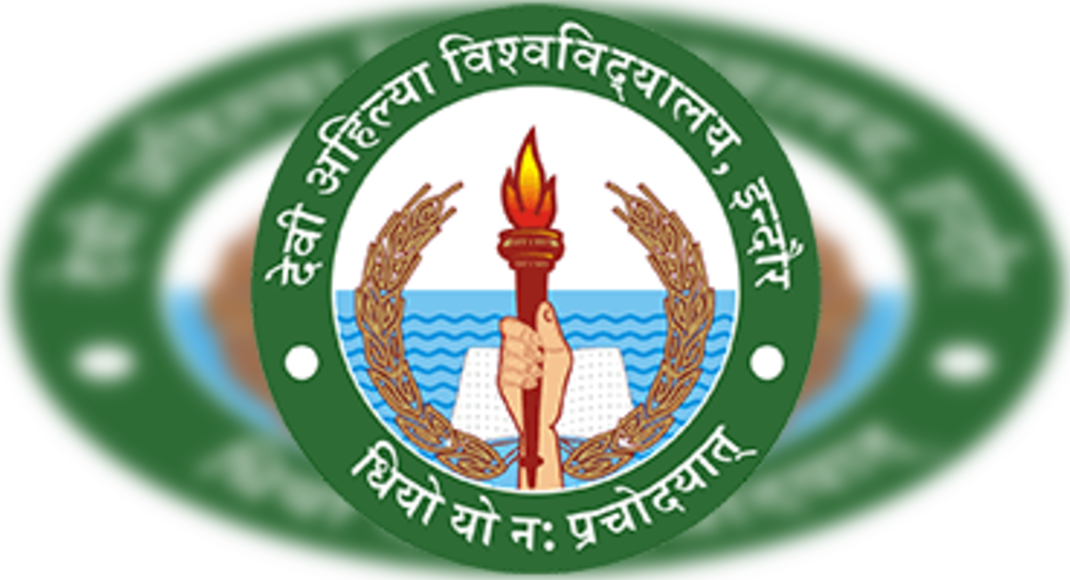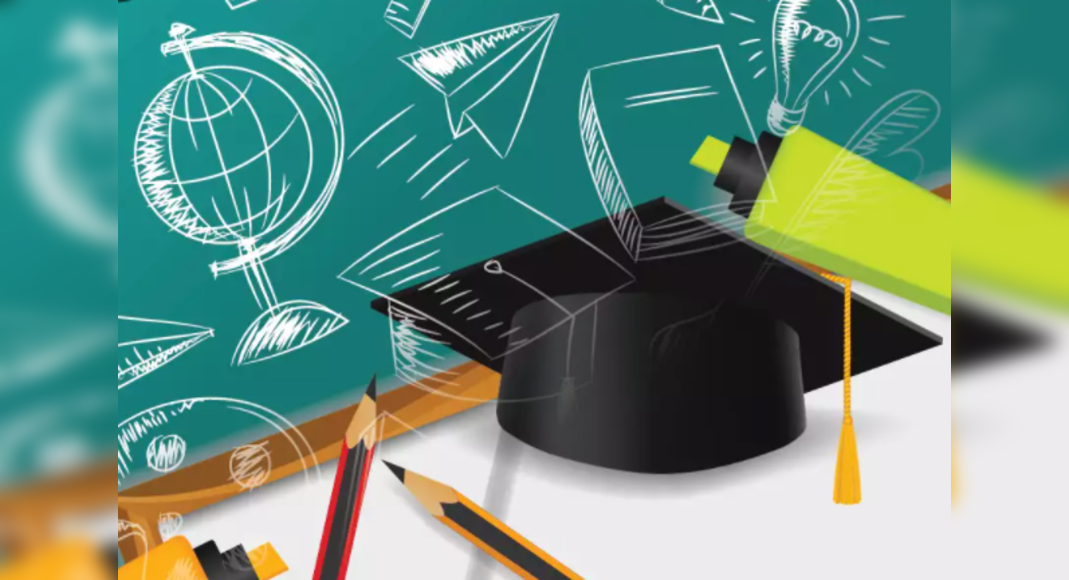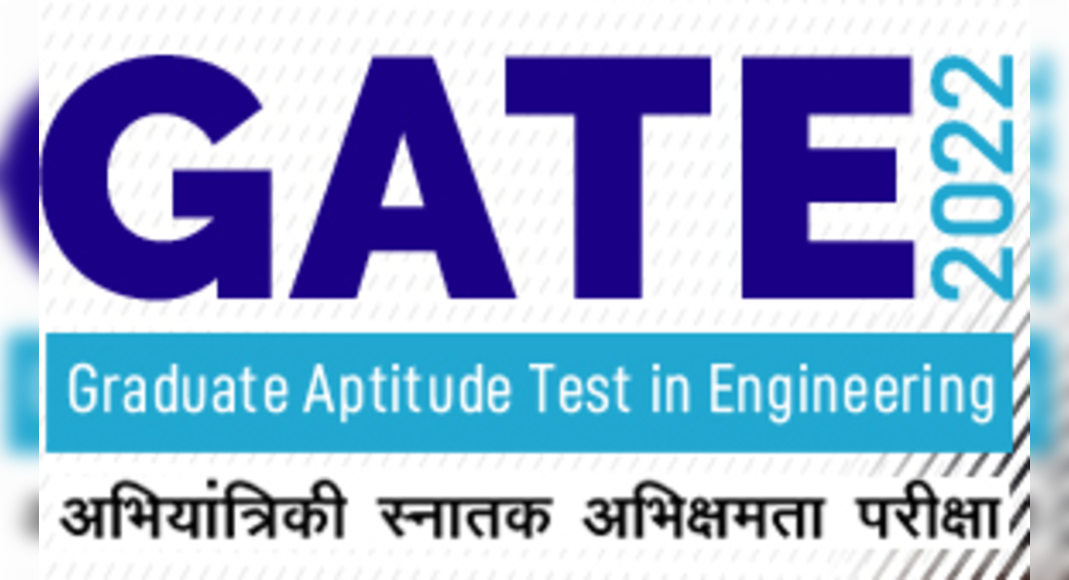BENGALURU: With physical classes unlikely to start soon, the education department has chalked out a plan to reach children through various ways depending upon the availability of gadgets with them.
Dropping the last years’ plans– where teachers met students outside schools (Vidyagama-1) and when they started meeting inside schools (Vidgyagama-2)– the education has asked teachers to be in continuous touch through worksheets or gadgets, if available, and meeting them or their parents twice a week in school to distribute the worksheets and discuss their progress.
The department of public instruction has issued detailed guidelines on how to conduct alternative learning for students of classes 1-10 in the upcoming academic year.
The plans are based on the accessibility level of the students to various gadgets.
The academic year is set to begin on July 1.
Schools have been asked by the department to plan from June 15-30 with the help of school alumni, public representatives, School Development Monitoring Committee, teachers and volunteers.
Teachers must know about gadgets and technology available with all parents of students from class 1-10.
While such data was collected last year, it should be revised.
Educational qualification of their parents have to be collected so that in case there are no parents available to help children, any volunteers near the house can be identified.
Congratulations!You have successfully cast your voteLogin to view result
Students have to be grouped based on availability of facilities for them.
Strategies for students who do not have any access to phone and television include asking parents to identity houses in neighbourhood where children can watch Chandana channel or identifying neighbours who have access to mobile.
Such neighbours can help in downloading classes, which can be watched later offline.
In case, radio is available, students can listen to classes on Akashavani.
Teachers will meet students/parents/guardian in schools atleast twice a week to give them worksheets, assess their previous marks and identify areas where they need to improve.
Local leaders can design strategies for alternative learning among such students.
For students who have access to mobile phones and television, schools can give timings of lessons aired on DD Chandana.
Teachers have to make worksheets before these chapters are aired and assess their level of learning.
They can meet students once or twice a week following covid guidelines and give them worksheets.
A teacher can mentor 10-15 children.
If a child has a phone, with no internet, he is asked to listen to radio.
Teachers are expected to keep in touch with students by calling them regularly.
If a child has smart phone, internet or laptop, there are several methods that are available– Samveda’ videos available on Chandana, lesson on radio, Deeksha App- with over 22k content available from 1-10 grade.
Soft copies of textbooks can be downloaded using QR code.
Teachers must make WhatsApp groups of parents and students, make short videos, audio clips and share with students, send practice sheets on mobiles.
The department has emphasised the need of maintaining continuous and extensive evaluation and profiles of each of every student.
Teachers have been asked to advise parents to support children in whichever way they can.
In case physical schools reopen, teachers have to follow the usual yearly action plan.
Otherwise, the alternative system has to be put in place to ensure continuity in learning and an uniform system of evaluation.
A one month bridge course will be held.

